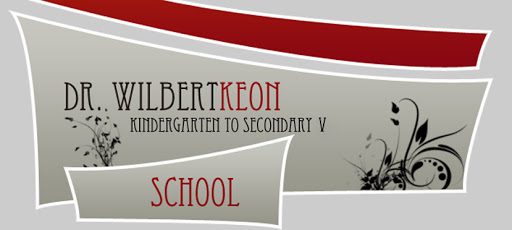Student Inclusion – All students need to learn at high levels
- Not one-size-fits all, not just worksheets applying it to real life, critical thinking, high level can take various forms.
- Personalization. Connected individualized paths to high levels.
- Decide whether to stream courses or not.
- Increased teacher awareness.
- Accessibility for students with various learning needs.
- Technology is readily available
- Adapt lessons so that they are engaging
- Independent learners.
- Students have a voice
- Respecting students learning levels.
- Focus on strengths.
- Diversity in techniques, cross-curricular.
- Project based learning / problem based learning.
Curriculum, Instruction and Assessment – Complex ways of thinking, complex ways of doing, collective capacity
- June exams are a constraint since basics need to be under control so students are ready for this.
- Find each individual´s engagement focus.
- Diverse frameworks for assessment.
- Creative approach to pedagogy,
- High levels of expectation
- Metacognitve frameworks
- Providing a variety of assessments adapt to all learning styles collaboration
- Understanding the purpose of what they are learning.
- Learning to be learners
- Gearing learning to passions
- Verbal or conversation to assess instead of written.
Teacher Quality – High-level professional knowledge workers
- Learn together in PD sessions, model being a high-level knowledge worker.
- Breakout models, more flexible responsive structures, resources.
- Venturing out of our comfort zones when it comes to technology and support
- Be open and willing to adapt our teaching.
- Getting parents on board
- Show students we are learning too, showcase our PD.
- More training, more check-ins.
Work organisation – Flat, collegial
- Have a more democratic environment, suggestions rather than orders, “How can we do this together?”
- Empowering the kids to have a portfolio, organize ourselves around their behaviours that lead to high learning, like orchestra conductors.
- Extra time for research and learning.
- Students need outlets/break
- Students need services for mental health, and teachers too.
- We ask for help and provide support
- We bring something to the table
Accountability – Primarily to peers and stakeholders
- Quebec getting rid of school boards and provide more control at the school level.
- Teaching with “ZOOM”, parents advocates in the middle of the lesson.
- More communication, instant communication.
- Bi-weekly/monthly peer reviews, feedback, individual.
- Consistent and frequent communication with parents/students
- Time one on one student conferencing.
